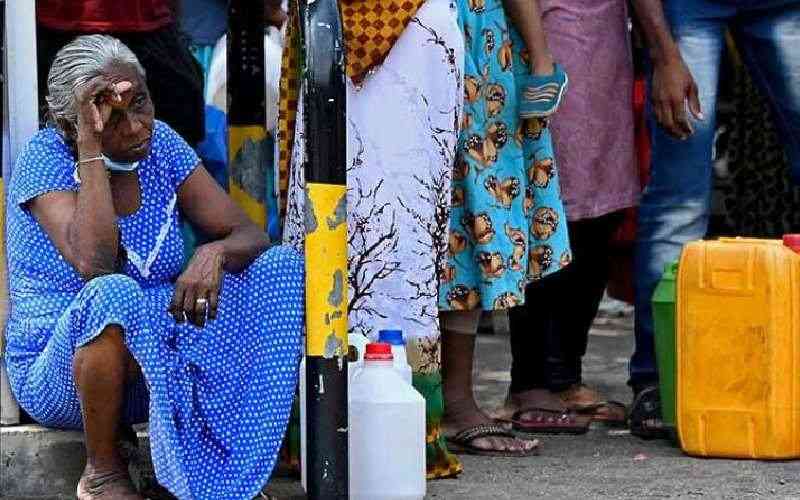×
The Standard e-Paper
Join Thousands Daily

The International Monetary Fund (IMF) is facing pressure to re-evaluate how it imposes fees on loans it disperses to needy countries like war-torn Ukraine - which is one of the fund's biggest borrowers.
The move comes as more countries will need to turn to the IMF, as food prices and inflation internationally continues to rise.